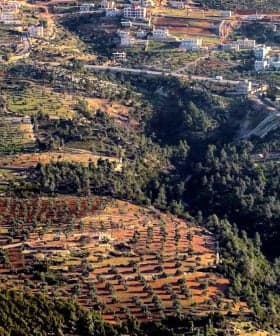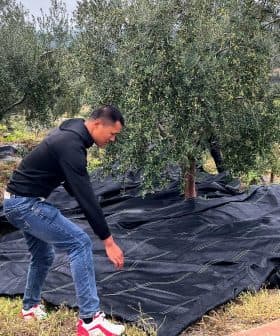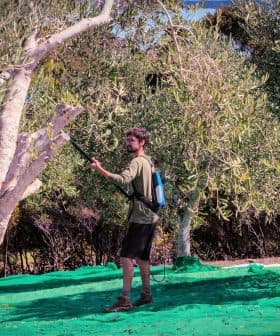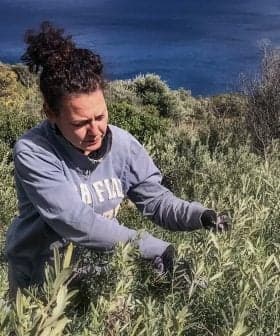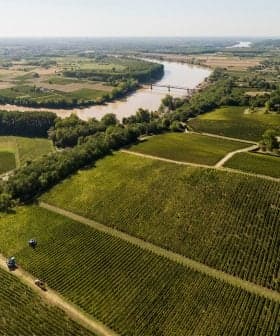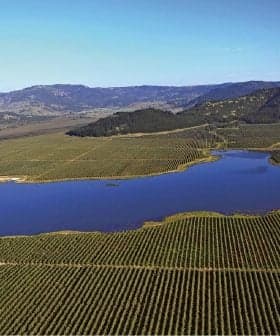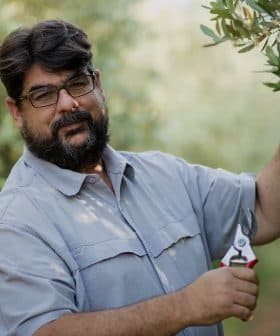 5.0K reads
5.0K readsProducer Profiles
An Olive Grove in Malta
Malta, a popular tourist destination in the Mediterranean, is also home to a growing olive oil industry, with around 28 tons of olive oil pressed annually. BSS Ltd., a family-owned company, has played a key role in the revival of the ancient Maltese olive growing tradition, investing in new equipment and importing thousands of olive trees each year.
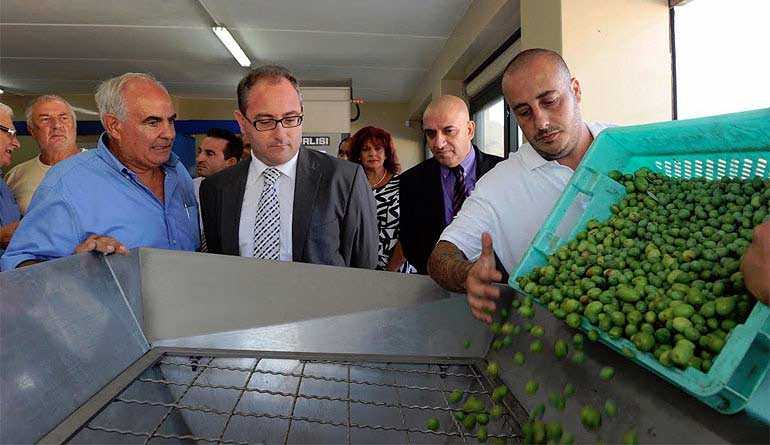
The small Mediterranean country is a perfect holiday destination, but on its land also grow fruitful olive trees.
Set in the Mediterranean Sea between Sicily and Northern Africa, the island of Malta — actually an archipelago made of three larger inhabited islands, Malta, Gozo and Comino, and many smaller islands — is a popular tourist destination with its warm climate, sandy beaches and historical monuments.
But Malta, whose civilizations’ origins date back to the Stone Age, is also a fertile ground for vineyards and olive groves.
Olive growing was introduced to the Maltese Islands in ancient times: some olive trees found here date back to more than 1,000 years ago. The subtropical Mediterranean climate and the alkaline soil are both ideal for olive cultivation, which once flourished on these islands under the Phoenicians and the Romans, as many of the local place names still witness. Later on, it was replaced first with cotton production by the Arabs, then with sheep breeding by the British rulers and at last with orange and almond trees as many inhabitants abandoned farming for more profitable tourism businesses.
Recently, though, local farmers and entrepreneurs decided to revive the ancient Maltese olive growing tradition and the peculiar local variety called bidni — a word meaning “hunchback” because of the shape of its stone — that used to be very common.
Today MEPA (Malta Environment & Planning Authority) is helping to support communities based on olive trees through the designation of Special Areas of Conservation: Olive groves are protected by national legislation and permits are required to prune, fell or uproot such trees.
“In recent years there has been an increased and renewed interest, by both the farming community and a sector of the Maltese population in the cultivation of olive trees and olive pressing, with thousands of olive trees being planted every successive year,” said Denis Bezzina of BSS Ltd. Agricultural Supplies. “Naturally, now these trees are maturing and bearing fruit, and nowadays around 28 tons of olive oil are being pressed every year, between the 9 registered olive mills in Malta.”
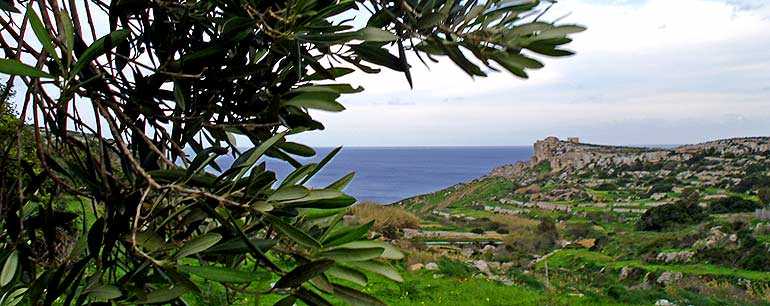
BSS is a family-owned company which was established 17 years ago to supply agricultural products to the farming community in Malta. Now the company also imports and distributes thousands of olive trees on a yearly basis, and the name of the village where its main outlet stands, Żebbug (meaning “olive”” seems to have been predictive.
In 2002 BSS invested in a small traditional olive press with a capacity of just 200 kilos (about 440 pounds) of olives per hour. “This was the second press imported in Malta,” Mr. Bezzina explains, “with the first press having a capacity of merely 80 kilos (about 176 pounds) of olives per hour. At that time, these two machines were enough to cater for the local demand for olive pressing.”
Since the sector has grown exponentially in just a few years, and is expected to continue growing at this rate at least for some more years to come, more olive presses had to be established over the island. At BSS they decided to improve their equipment and invest in a larger mill by purchasing an olive press from Pieralisi with a processing capability of 1,500 kilos (about 3,307 pounds) per batch.
The new facility was inaugurated on the 15th October 2013 by the Maltese Minister for Agriculture, Roderick Galdes and the director general of BSS, Godfrey Bezzina. Following the inauguration, guests and journalists could taste the company’s fresh oil and other traditional Maltese foods prepared using the same oil.
“Clearly, the size of our islands does not permit that we compete with much larger olive oil producing countries, when it comes to quantities,” Denis Bezzina admitted. “However we can humbly, but confidently, state that given our geographic location and the local climate, coupled with good soil conditions, our produce is of a very high quality and has a unique taste.”


